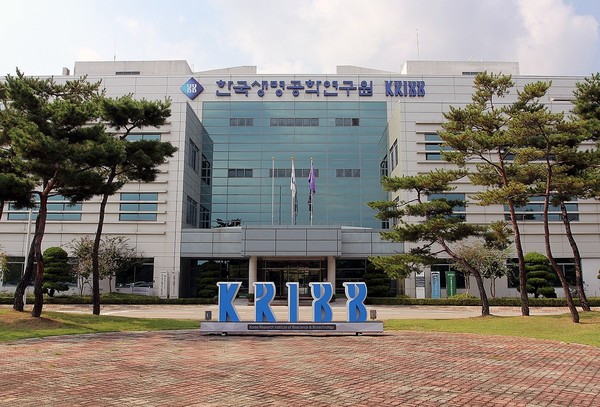A research team at the Korea Institute of Bioscience and Biotechnology (KRIBB) has identified the mechanism of promoting kidney damage and systemic inflammation of a protein toxin that causes the hemolytic uremic syndrome.

The research team, led by Doctors Lee Moo-sung and Park Sung-kyun, found that the protein toxin secreted from intestinal hemorrhagic E. coli caused abnormal protein modification, promoting kidney damage and systemic inflammation, in the hemolytic uremic syndrome, also known as hamburger disease.
The team expects the finding to contribute to future treatments by securing control technology for the hemolytic uremic syndrome.
Intestinal hemorrhagic E. coli infection has steadily increased since Korea designated the illness as a class 2 legal infectious disease in 2000.
Experts expect the infection rate to rise due to climate change.
Shiga toxin, a protein toxin secreted from intestinal hemorrhagic Escherichia coli, causes severe cellular necrosis and systemic inflammatory reaction of the kidney, leading to hemolytic uremic syndrome.
The research team discovered a phenomenon in which host cells exposed to Shiga toxin had an abnormally elevated level of O-GlcNAcylation, a type of protein modification.
Based on the results, the research team confirmed through various cell line models that it is possible to simultaneously inhibit host cell necrosis and inflammatory response by controlling O-GlcNAcylation.
The researchers also demonstrated the therapeutic effect on the hemolytic uremic syndrome disease using commercially available O-GlcNAcylation inhibitors through mouse animal models and 3D-human kidney organoids.
“Our study is the first to identify the fact that toxins secreted from bacteria abnormally stimulate a specific protein modification mechanism of the host cell and simultaneously activate various underlying pathogenic mechanisms,” Park said.
Lee also said, “This study will serve as the basis for the development of a treatment for acute kidney failure, which is a complication of food poisoning with intestinal bleeding caused by lethal toxins released by some of E. coli.”
EMBO Molecular Medicine published the study results in its online edition on Nov. 29.

